The following is a transcript of this video.
I. The Achievement Society
Have you ever wanted to become someone else so strongly that you start to find your current self unbearably inadequate?
Have you ever desired to reach a certain goal so intensely, – whether landing a dream job, starting a family, or reaching a significant life milestone –that you hope to fast forward into the future and find each day to be excruciatingly slow.
Compared to your idealized self, the current self may seem a bland and even embarrassing period meant to be swiftly passed over before achieving your triumphant future.
If you’re navigating through the darkness of such feelings, you’re not alone.
In his book The Burnout Society, Korean German philosopher Byung-Chul Han argues that
“Twenty-first-century society is no longer a disciplinary society, but rather an achievement society. Also, its inhabitants are no longer “obedience-subjects” but “achievement-subjects.”
In this achievement-driven society, we are constantly bombarded with the optimistic notion that we can achieve anything we desire through our own willpower and efforts. While this is an exhilarating idea, its darker side suggests that if you are not constantly on your way to improve and excel, you’re inadequate. The relentless focus on the potential for success can engender feelings of worthlessness when we fall short of the high standards set by society.
Han highlights that one direct consequence of this achievement society is the prevalence of burnout. This is definitely true. In this video, I also wanna point out that the issue runs even deeper. Beyond tiredness, exhaustion, and burnout, there exists a profound, widespread desire to get rid of oneself and become someone else. Danish philosopher Søren Kierkegaard encapsulates this implicit but persistent tendency for self-negation in his notion of despair, which is a sickness of the self.
Given the widespread and severe nature of this issue, the dearth of philosophical guidance online is surprising. That’s why this video exists. I’m Dr. Sijin Yan, a philosophical counselor, and I’ll be talking about the silent despair we all have in this achievement society and I’ll be providing two practical tips on how to find peace and embrace your uniqueness amidst feelings of profound inadequacy. For more insights on living well, consider subscribing to this channel. Let’s get started!
II. The Desire to Be Rid of Oneself
In his masterpiece The Sickness Unto Death, Kierkegaard discusses the example of a man who desperately hopes to become someone like Caesar, the most powerful person in the political landscape. Kierkegaard understands how this longing for something unattainable can lead to profound despair.
He said,
For example, when the ambitious man whose slogan is “Either Caesar or nothing” does not get to be Caesar, he despairs over it . . . precisely because he did not get to be Caesar, he now cannot bear to be himself… this self is now utterly intolerable to him… what is intolerable to him is that he cannot get rid of him.
This phenomenon of aspiring to something greater is common in our achievement-oriented societies. We can easily replace the slogan “Caesar or nothing” with “millionaires or nothing,” or “start-up CEOs,” or “best-selling writers.” Kierkegaard notes that despair might initially seem to be about very concrete issues in our lives — that is, “despairs over something.” However, he quickly points out that when someone fails to achieve a goal (like becoming Caesar), the deeper despair is not about the failure itself but about the person’s inability to reconcile with who they are because of that failure.
He says, “in despairing over something, he really despaired over himself, and now he wants to be rid of himself.”
The individual wants to escape from or abandon their own self. They cannot bear to be their current selves without external qualities, such as flashy job titles, big bank accounts, or social recognition.
This is despair. Kierkegaard says, “To despair over oneself, in despair to want to be rid of oneself, is the formula for all despair.”
In our society, where achievement is highly valued, ambition is often seen exclusively as a positive trait. We kindly encourage ambitious individuals to simply ‘hang in there.’ What we overlook is the distinction between having a goal versus the mentality ‘either Caesar or nothing’ where they deprive themselves of the value of their current life and their inherent worth as a human without external recognition.
In addition to unhappiness, frustration, and burnout, from my perspective, there are two additional consequences of this “Caesar or nothing” mentality.
First, it may result in the loss of true self. Usually, in an achievement society, cultural norms play a significant role in shaping our understanding of what constitutes achievement. So in a constant pursuit of external validation, individuals often avoid deep self-reflection. They may fear confronting parts of themselves that don’t match the ideal they strive for.
For example, someone might follow extreme diets or exercise regimes to fit a certain physical ideal, ignoring their body’s natural shape or health needs. Someone who loves painting may pursue a more ‘practical’ career due to societal pressures, suppressing their creative urges. An introverted person might force themselves to attend large social gatherings regularly, even if it drains them, just to appear more outgoing.
This avoidance can create a barrier to discovering and embracing our authentic selves. Kierkegaard is one of the few philosophers who actually believe that the task of life is to understand and become who we truly are. Despair over oneself is a state of existential suffering where the true self is refused, lost, and becomes unattainable.
Secondly, this mindset of valuing achievement above all else creates a profound fragility in one’s life. Let’s say a person did become someone like Caesar or achieved the pinnacle of success in their field. He or she will certainly experience a fleeting sense of fulfillment. This momentary satisfaction comes from successfully getting rid of his or her past self and a transformation into an idealized version.
However, if your acceptance of yourself relies solely on external attributes – such as your job, appearance, or bank account balance – your relationship with yourself becomes inherently unstable. Life is unpredictable, and circumstances can change dramatically. If these achieved statuses are lost or diminished – for instance, if you no longer hold a position of power – it can be devastating. When the external pillars that support one’s self-image are removed, you may find yourself in a state of despair, experiencing what feels like a profound loss of self.
III. 2 Practical Advices
If you’re struggling with frustration, despair, or difficulty in appreciating and loving who you are at the moment, I have two pieces of practical advice that you can implement right now. The purpose of this video isn’t to discourage you from your ambitions, but rather to assist you in finding and loving yourself more.
First, find a piece of paper and prepare to answer two introspective questions.
Approach this exercise with spontaneity, capturing your immediate thoughts without overthinking.
Question 1: Write about the kind of person you are trying to be, including the roles, characteristics, or identities you have strived to embody. This could be based on personal aspirations, societal expectations, or perceived norms.
Question 2: Reflect on moments when you’ve thought, “Why can’t I just be like others and do this or that?” Consider activities or pursuits you’ve felt pressured to engage in or avoid. For instance, Why can’t I just be like others and enjoy trendy hobbies like fitness or travel blogging, rather than indulging in less popular activities like bird watching or chess? Write as many items as possible.
After completing the exercise, take a moment to reflect on your responses. Look for recurring patterns or themes that may indicate how the expectations of others have shaped your self-perception and life choices. Additionally, identify areas where you might feel out of step with societal norms. Try to embrace these unique aspects of yourself, without seeking external validation. The ultimate goal is to strengthen your self-concept by anchoring your sense of self in intrinsic qualities rather than external expectations. Consider J.K. Rowling’s experience: when her life hit the rock bottom, she knew and cherished the fact that she had a beloved daughter, an old typewriter, and a big idea. Her story illustrates how embracing your authentic self is essential for resilience.
Secondly, increase engagement in atelic activities.
“Atelic activities,” is a term coined by contemporary philosopher Kieran Setiya, referring to actions undertaken for their own sake, without a specific endpoint. Think about enjoying quality time with friends or walking in nature without a destination or fitness goal in mind.
Conversely, “telic activities” are goal-oriented, with their value lying in achieving a particular objective. Examples are completing a work project, running a marathon, or reaching a specific career milestone. Setiya argues that a balance between telic and atelic activities is crucial for a fulfilling life.
In our achievement-oriented society, there’s an intense emphasis on productivity, success, and goal orientation, leading us to focus excessively on “telic activities.” This can cause a significant imbalance in our lives. Atelic activities provide a necessary counterbalance, allowing us to enjoy the present and learn about ourselves. Engaging in atelic activities, which align closely with what brings us joy and satisfaction, offers insights into our genuine preferences and values, independent of external expectations.
Conclusion
Here are my thoughts and advice on the perilous journey of navigating self-worth in an achievement-driven society. I hope they can help you lean towards a life of authenticity, and self-acceptance. I’m Sijin Yan, a philosophical counselor. Thanks for watching this video, I will see you next time. Bye!
Related Reading:
Byung-Chul – Han The Burnout Society: https://amzn.to/48zqmjs
Soren Kierkegaard – The Sickness Unto Death: https://amzn.to/3S6ls6n
Kieran Setiya – Midlife: A Philosophical Guide: https://amzn.to/426HydH


